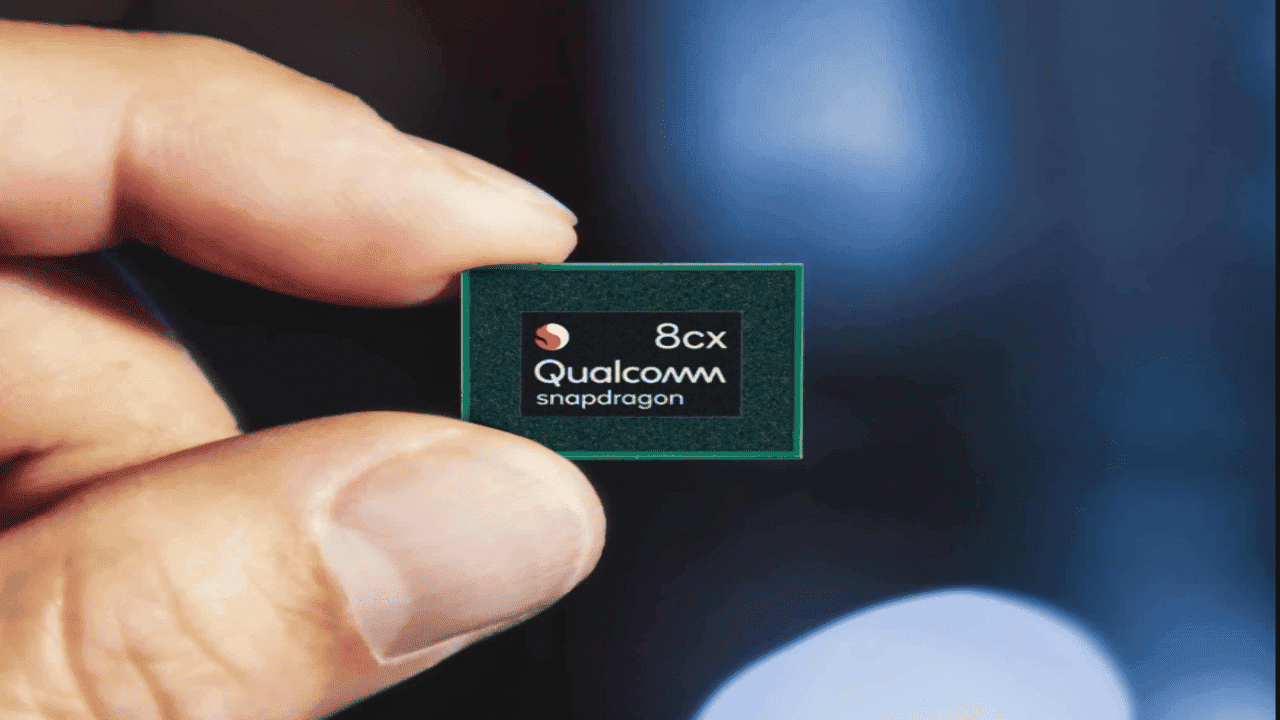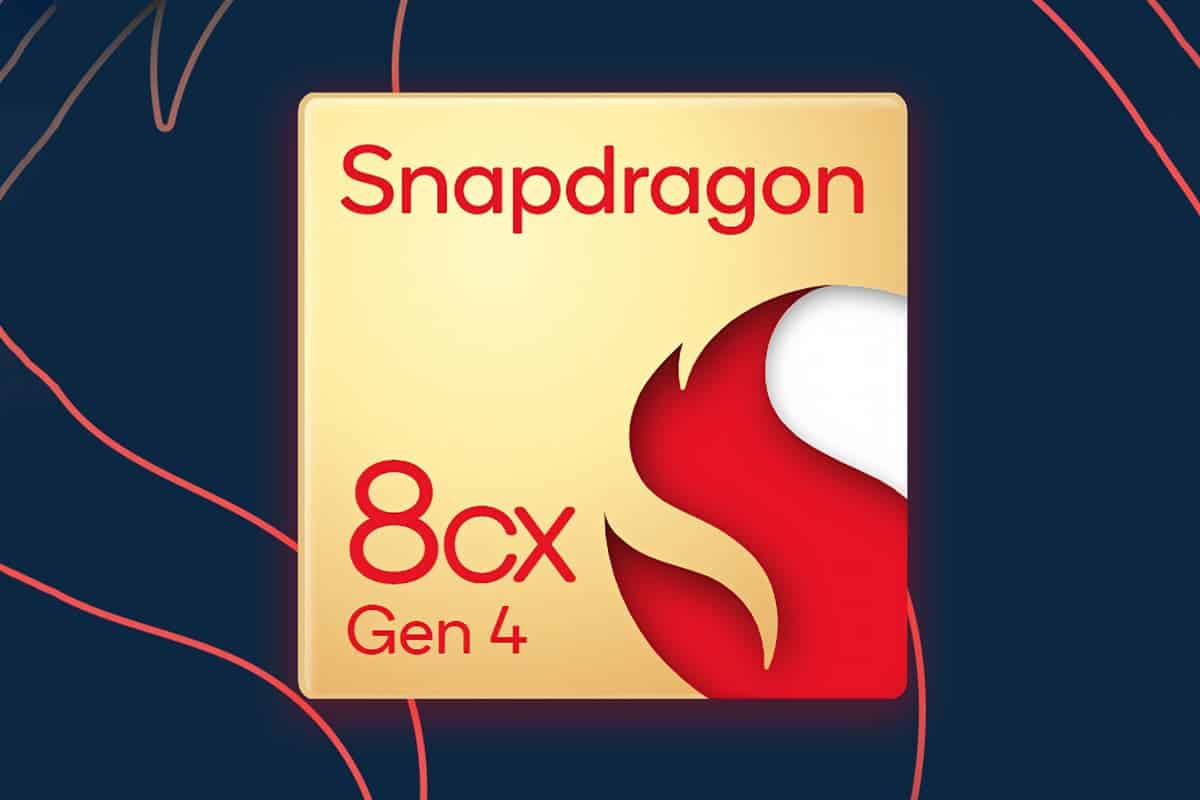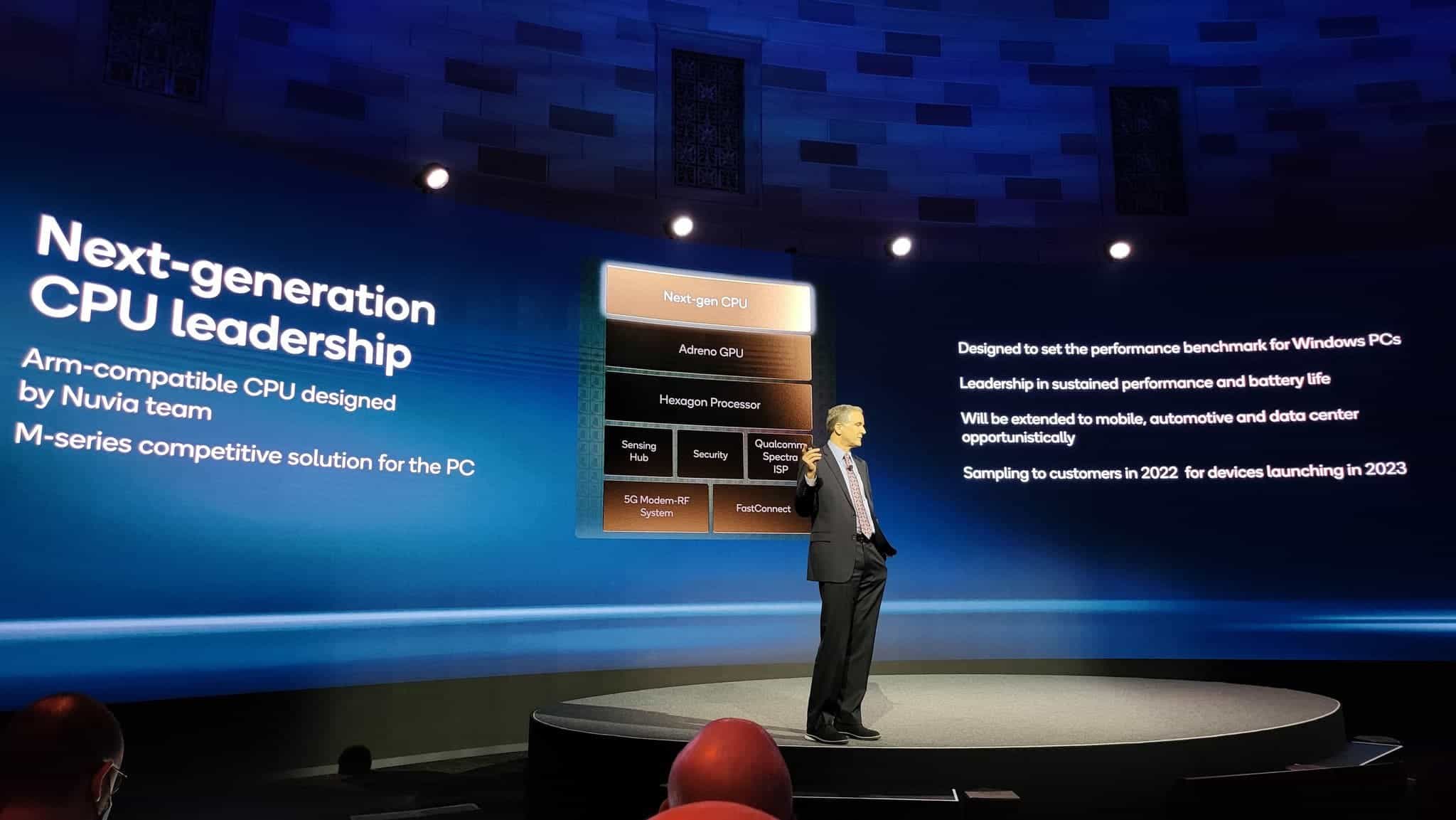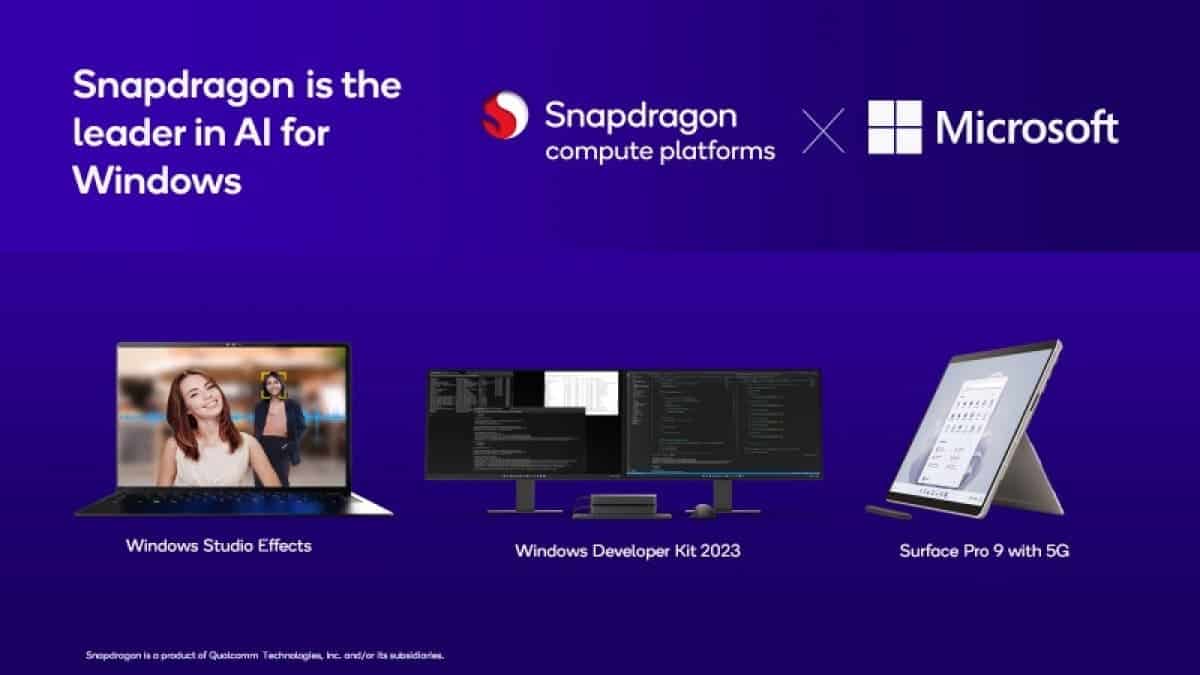Qualcomm is yet to officially announce the Snapdragon 8cx Gen 4. But prior to its unveiling, we have had tons of reports regarding its performance. And each time a new performance report came out, the chipset was compared with Apple’s latest and the greatest, the Apple M2.
Well, the case is pretty similar to the latest rumor. Revegnus has shared new performance numbers of the Snapdragon 8cx Gen 4. And from what we can infer from the numbers, the chipset will likely do pretty well against the Apple M3.
Snapdragon 8cx Gen 4 Beats Apple M3 In Multi-Core Performance Test
Previously, Revegnus shared that the Snapdragon 8cx Gen 4 was faster than the Apple M2. And it’s quite expected as the Apple M2 is fairly old at the moment. Also, let’s not forget that reports suggested that Qualcomm has been testing out multiple variants of the chipset.
One of the variants of the Snapdragon 8cx Gen 4 was reported to have performance cores clocked at 3.00 GHz. On the other hand, the power-efficiency cores had a 2.30 GHz clock speed. And while the previous report had shed light on the clock speed of the chipset, the latest one does it.

But the great news is that Snapdragon 8cx Gen 4 scored 14,500 in the multi-core test of Geekbench 5. This suggests that the performance and efficiency cores have been adjusted. Qualcomm might have clocked them higher than the previously reported speeds for this test.
Most importantly, the Snapdragon 8cx Gen 4 has managed to beat the Apple M3 with a 33% lead in the multi-core test. According to the latest report from Revegnus, the Apple M3 scored 11,000 in the multi-core test. That makes the M3 comparatively slower than Qualcomm’s offering.

Now in case you are wondering what the clock speed of the latest version could be, you need to take a look at the latest leak. According to it, the Snapdragon 8cx Gen 4 had a clock speed of 3.40 GHz for the performance cores, while the power-efficiency cores had 2.50 GHz. That’s a moderate boost over the previous report, but it seems that the moderate boost is exactly what the chipset needed to showcase its true performance.
Gizchina News of the week
Single-core Test Tells a Different Story
Despite leading in the multi-core test, the Snapdragon 8cx Gen 4’s single-core performance is disappointing. The Apple M3 beat Qualcomm’s chipset with an impressive 38 percent lead. That eventually states that the performance cores of the Apple M3 are more capable than the ones in the 8cx Gen 4.
Apple M3
Geekbench 5
ST:2500
MT:11000Qualcomm Snapdragon 8cx Gen4
ST:1800
MT:14000~14500— Revegnus (@Tech_Reve) May 27, 2023
Well, that’s pretty much expected, as Apple has always been ahead in the competition when it comes to single-core performance. Moreover, it’s worth noting that the Snapdragon 8cx Gen 4 features a 12-core configuration. Apple M3, on the other hand, will likely sport an 8-core config. So, it’s pretty obvious why Qualcomm got the lead in the multi-core test.

8cx Gen 4 Could Still Come At the Top
When it comes to efficiency perspective, the 8cx Gen 4 could get the upper hand. After all, it is expected to take advantage of the N3E process of TSMC. In case you didn’t know, that process is known to be highly efficient than its predecessor. And hopefully, we will get to know all the technical details of these two chipsets in the coming weeks.

No matter what, you can not deny that the future of these chipsets is going to be very interesting. And when Qualcomm ramps up its research in this category, we might finally see Windows notebooks being one of the go-to options for power users. Hopefully, like the performance, the price will remain attractive too.





